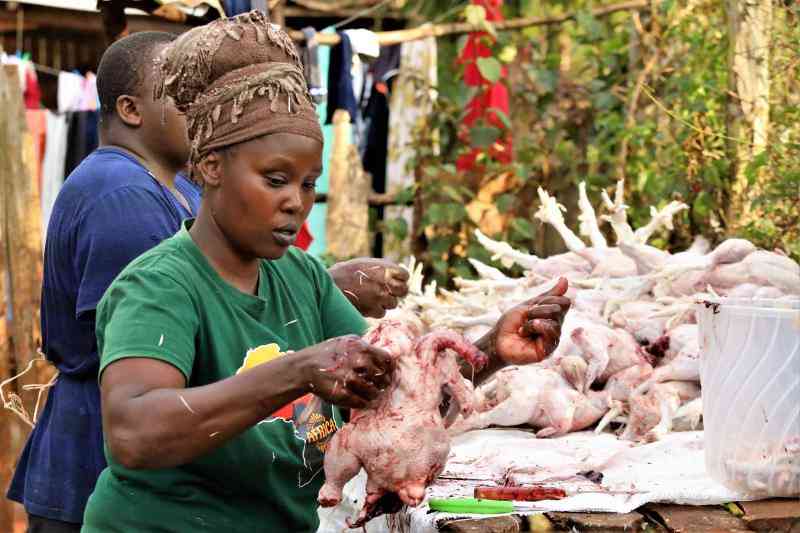Concerns over increase in cases of rabies in animals

Stakeholders in the animal protection industry have called on governments to increase funding for vaccination of rabies in dogs.
They claim rabies is responsible for 59,000 deaths and 3.7 million disabilities reported globally every year.
With the United Nations (UN) detailing that rabies should be kicked out by 2030, the stakeholders said the move could only be achieved if governments were willing to collaborate and set funds for the exercise.
This emerged during the launch of a new report dubbed 'All Eyes on Dogs' by the World Animal Protection (WAP) where governments have been called to action and help end the disease.
The report says that the world's oldest disease could be wiped out in the next ten years if all stakeholders worked together for a common good.
It further notes that the funds should focus on mass vaccination for dogs with details emerging that about 160 people are killed by the disease daily globally.
According to the Animal Manager at WAP Dr. Emily Mudoga, time was ripe for the focus on dogs as the vector in rabies disease.
"Each year rabies causes 59,000 deaths and 3.7M disabilities with 50 percent being children and all this can be prevented if we collaboratively take action," she said on Tuesday.
Mudoga said while focus has always shifted to humans after being bitten by a dog with rabies, it had become costly to treat the disease as opposed to stopping its spread at its origin.
She said research had shown treatment of dogs with rabies was 27 times cheaper than when in humans noting that time was ripe for governments to take action.
"There is need for governments to scale up domestic financing for mass dog vaccination while taking all the necessary policy and legal measures to ensure a focus on it primarily," she said.
Mudoga noted that there was need for countries to collaborate with neighbors as a means of cutting costs in rabies vaccination.
She said globally about USD6.3B was needed to completely address the disease and have it eradicated by 2030 in line with the United Nations Sustainable development goals.
Mudoga added that there was a need for a rollout of national education and community engagement about dogs and the disease especially on the African continent that has about 100 million dogs.
"All this can happen if there is political will from the government and support from all stakeholders including the non-state actors," she said.
Want to get latest farming tips and videos?
Join Us
Share this article on social
 The Standard Group Plc is a multi-media organization
with investments in media platforms spanning newspaper print operations,
television, radio broadcasting, digital and online services. The Standard Group
is recognized as a leading multi-media house in Kenya with a key influence in
matters of national and international interest.
The Standard Group Plc is a multi-media organization
with investments in media platforms spanning newspaper print operations,
television, radio broadcasting, digital and online services. The Standard Group
is recognized as a leading multi-media house in Kenya with a key influence in
matters of national and international interest.
 The Standard Group Plc is a multi-media organization
with investments in media platforms spanning newspaper print operations,
television, radio broadcasting, digital and online services. The Standard Group
is recognized as a leading multi-media house in Kenya with a key influence in
matters of national and international interest.
The Standard Group Plc is a multi-media organization
with investments in media platforms spanning newspaper print operations,
television, radio broadcasting, digital and online services. The Standard Group
is recognized as a leading multi-media house in Kenya with a key influence in
matters of national and international interest.







